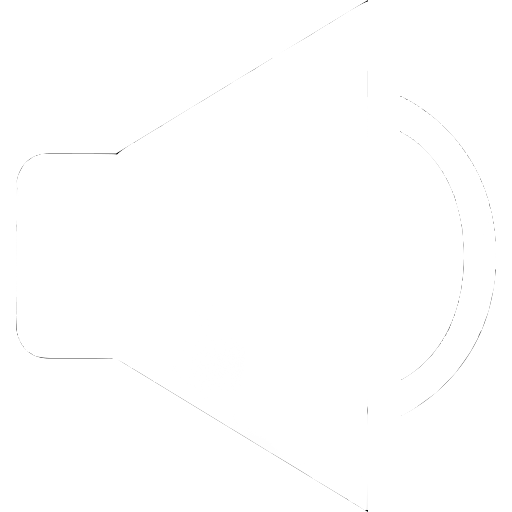Twice
"I'm a little girl, I can not reach the table, I get on the chair and then I fall, boom, with my head." In a corner of the dining room, Sara and her great-granddaughter recite short verses. They walk around the house singing and sharing secrets. "Sara, do not bend over, it can hurt you," says her 4-year-old great-granddaughter.
Age was never an impediment to the busy schedule of Sara Laskier de Rus. After her 90-year-old party, surrounded by her loved ones, she continues to take care of telling her story to schools. "I always speak for life, that's my subject. Because everything I suffered in the Holocaust and with the disappearance of my son in the last military dictatorship should not be forgotten." The first to arrive and the last to leave each event. Nobody leaves without a selfie with her. The moments for questions never are enough. The most curious remain until the end, consulting their history and where they can get her book: "Survive twice", where the mother of Plaza de Mayo recounts her experiences in the search for her son Daniel, disappeared at age 26, July 15, 1977, along with 19 other colleagues while working in the National Atomic Energy Commission of Buenos Aires.
"In what do you believe Sara?" The question comes through the voice of a teenager in the room. She listens well to each word and after a long sigh she responds: "In justice". Her light blue eyes flicker fast, her voice trembles. She looks to one side and to the other. The room is silent. "Who did all these things need to pay. I believe in justice, but it has to be on time. Sometimes it takes too long."
As a witness to the saddest chapter in Argentine history, the Holocaust survivor gave her testimony in countless cases against the military. Those sad eyes, that remember her passage by Comodoro Py, smile when she remembers how she managed to leave each courthouse by her own means while the military was chained.
After the Second World War, Sara arrived in Argentina in 1948 married to a young man she had met in Europe. Unique daughter, born in Poland in a town called Lodz, she survived the Auschwitz-Birkenau concentration camp with her mother, being the only ones left alive from her family after the war. Settling in Buenos Aires was not an easy task for the recent marriage, specifically for the language. "We never stopped talking to each other about what we went through. But if our war stories were kept secret from others."
Building a family and having children was her dream. Her body was not sick but damaged from so much suffering. On the recommendation of the doctor, she devoted himself to rest so that her body could recover and she could have children. This was how on July 24, 1950, Daniel arrived and five years later Natalia.
"Mother of Plaza de Mayo - Daniel Rus" is the hand-stitched letters in blue that have Sara's white handkerchief. She keeps it in a drawer of her wardrobe along with other handkerchiefs and special objects. "We were taken by healthy children who worked. The atomic sciences were my son's life. Since a boy, he dreamed of that. He became a nuclear physicist, unfortunately, he could not finish the thesis because they just took him when he was preparing it." - Tying the handkerchief is a ritual. It does not need a mirror to guide itself. Interlace each end with strength, looking to run the hair that sneaks between your face and moving your rings so they do not get in the knot. She began to use the handkerchief when she met the mothers who went to the Plaza de Mayo. Together they searched for their children and filled out the visiting forms to ask Interior Minister Albano Harguindeguy to explain their whereabouts. Sara remembers the phrase of the Minister: "Madam, your son went with a girl, you can not come and ask where he is". Daniel worked at the National Atomic Energy Commission, where he was kidnapped together with Gerardo Strejilevich and Nélida Barroca. The family never managed to know exactly the whereabouts of the young man. Sara confesses that her son was not a militant and that according to testimonies of other detainees, her son was in the Ex-ESMA.
Sara never left the illusion in each round. The handkerchiefs began to use them to distinguish themselves. For someone to hear them. First, they used diapers on their heads that later became white fabrics.
"All the suffering that we live is never going to come out of our lives. They made the Hitler system, of which I personally passed, and from which I survived and had to touch a similar situation, to lose a son that I think is the most terrible thing"
It's tea time. The great-granddaughter pulls Sara's pants. She wants to continue playing. Both smile and between secrets begin with another verse. Having granddaughters was her reward. The sun falls, the sweet things come to the table. Sara caresses her plants and melts in the armchair to hold in her arms her two new great-grandchildren.


